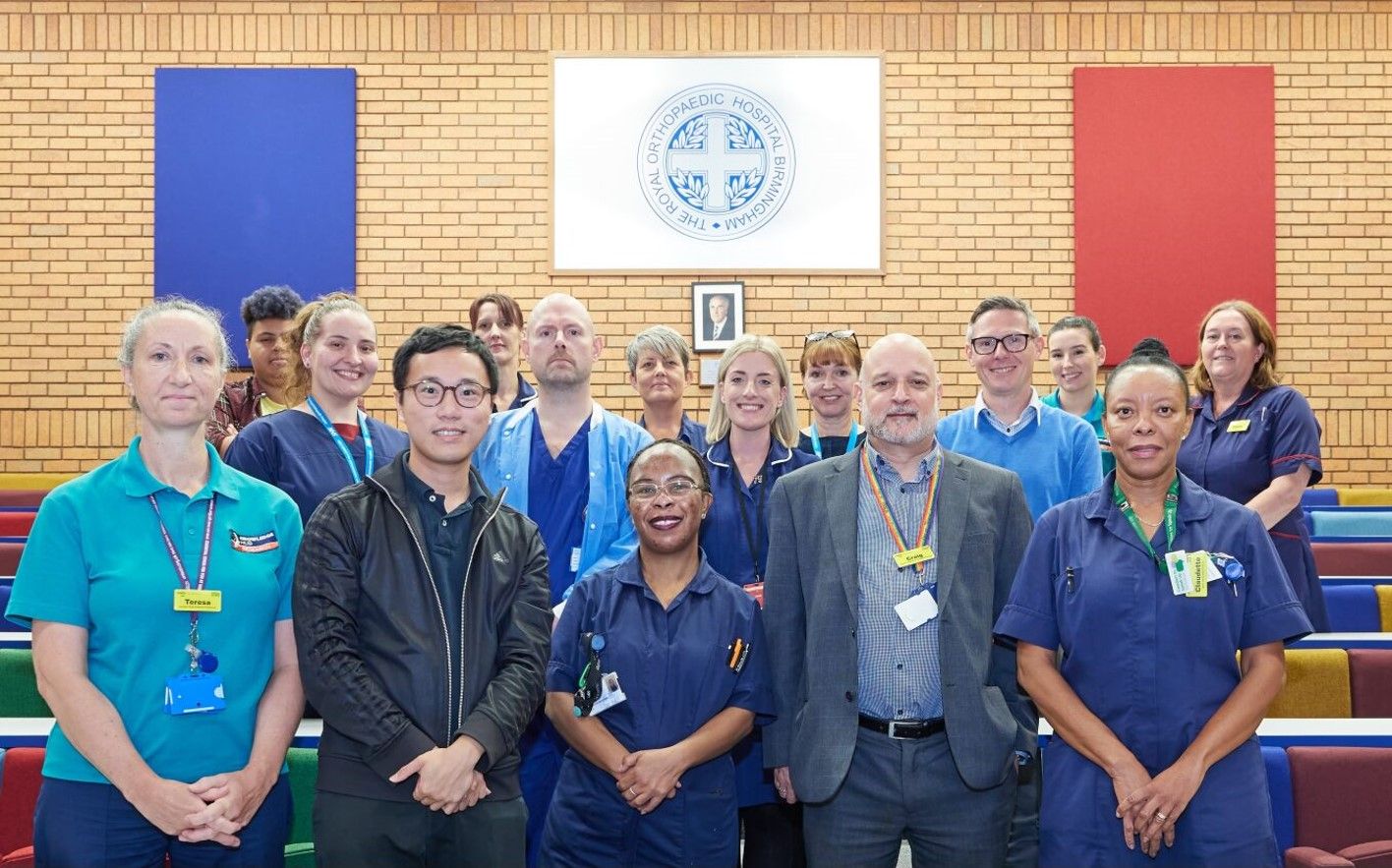‘Symptom triggered’ test can detect early-stage aggressive ovarian cancer in 1 in 4 cases
Symptom triggered testing, prompted by symptoms such as pain, abdominal bloating/swelling, and feeling full soon after starting to eat, can pick up early-stage aggressive ovarian cancer in 1 in 4 of those affected, according to new research.
A study published in the International Journal of Gynaecological Cancer and funded by the National Institute for Health and Care Research found that the UK’s protocol for picking up early-stage disease in women with high grade serous ovarian cancer—the most common, aggressive, and lethal form of the disease— is an effective way to diagnose even early-stage ovarian cancer.
The findings also show that complete surgical removal of the cancerous tissue is possible even in more advanced disease, providing that women with suspicious symptoms are expedited for investigation and treatment, they add.
A team of researchers led by BHP founding member the University of Birmingham analysed data for 1741 women taking part in the Refining Ovarian Cancer Test accuracy Scores (ROCkeTS) study, which involves 24 UK hospitals. The women had all been fast tracked for treatment under the symptom-triggered testing rapid access pathway.
Sudha Sundar, Professor of Gynaecological Cancer at the University of Birmingham and the Pan Birmingham Gynaecological Cancer Centre at BHP member Sandwell and West Birmingham Hospital NHS Trust said:
“Our figures demonstrate that in a real-world setting, symptom-based testing can potentially lead to diagnosis of high grade serous ovarian cancer with low disease spread and results in a high proportion of complete surgical removal of the cancer.”
“These findings challenge the assumption that the disease should always be considered to be in its advanced stages in women once they develop symptoms.
“More importantly, our findings emphasise the importance of increasing an awareness of ovarian cancer symptoms to facilitate earlier diagnosis via referral through the fast-track pathway to improve patient outcomes.”
Key findings
- Among participants in the study, 119 (7%) were diagnosed with high grade serous ovarian cancer with an average age of 63, and 90% had gone through the menopause.
- In most of these women (112; 94%) cancer didn’t hugely interfere with their daily lives, as they were classified with a performance status of 0 or 1, meaning they either were fully active, or were able to do everything but strenuous activities.
- One in four (30; 25%) had early stage I or II disease.
- Visible cancerous tissue was completely removed in 73 (61%) and almost completely removed in 18 (15%). The disease was only deemed to be inoperable in 9 (8%).
- The extent of cancer was low in 43 of the 119 (36%), meaning that it was localised in the pelvis; moderate in 34 (29%), meaning that it had spread to the lower abdomen; and high in 32 (27%), meaning that it had spread up to any of the liver, pancreas, diaphragm or spleen. Information on disease extent wasn’t available for 10 (8.5%) women.
- Surgery to remove as much of the tumour as possible, which is associated with longer survival, was carried out in more than three in four women (93 ,78%), with almost two thirds receiving surgery ahead of chemotherapy (78, 65%,). 36 (30%) were given chemotherapy to shrink the tumour ahead of surgery; 5 (4%) women didn’t have surgery, information on this was not available for 17 (14%) women.
The UK adopted symptom-triggered testing for ovarian cancer in 2011. Women, especially those over 50 years with these symptoms are tested for levels of the tell-tale protein CA125 in their blood and given an ultrasound scan. Abnormal results prompt a fast-track referral for hospital review by a gynaecologist within 2 weeks.
Ovarian cancer is the seventh most common cancer amongst women worldwide, and the sixth most common cause of cancer death in the UK. While most (93%) women diagnosed with early-stage disease (I or II) survive for more than 5 years, only 13% of those diagnosed with advanced disease (stages III or IV) do so.





